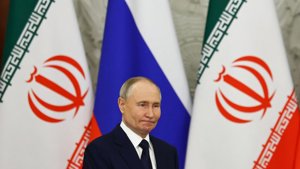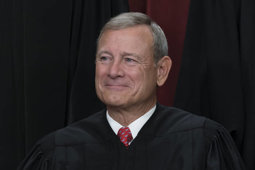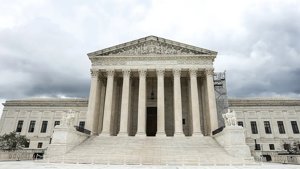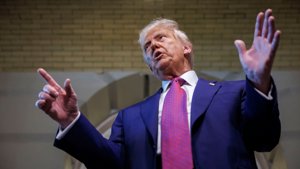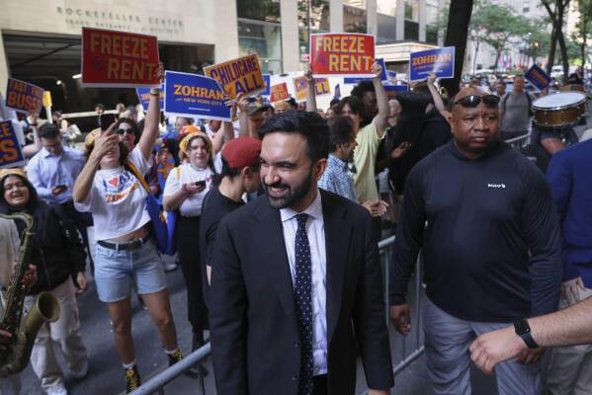
Mamdani’s Writings and Win Spark Progressive Shift in NYC
Unearthed writings and a landmark mayoral primary win put Zohran Mamdani and New York’s progressive movement in the spotlight.
Mamdani’s College Writings Emerge Amid Mayoral Rise
As Zohran Mamdani emerges as the clear frontrunner in New York City’s general mayoral election, his past writings as a student at Bowdoin College are fueling debate about his political philosophy and the city’s future direction. Between 2010 and 2014, Mamdani authored more than 30 articles for the Bowdoin Orient, tackling topics such as academic boycotts of Israel, white privilege, and the challenges of campus diversity. His senior-year editorial, calling for a boycott of Israeli institutions, criticized college leadership for privileging partnerships with Israeli organizations over the basic freedoms of Palestinians. He argued that the boycott aimed to “bring under scrutiny the actions of the Israeli government and to put pressure on Israeli institutions to end the oppressive occupation and racist policies within both Israel and occupied Palestine.”
Mamdani’s commentaries went beyond geopolitics, addressing structural racism and personal experiences of being a non-white student. In one op-ed, he described “white males” as near-exclusive figures of authority in society and media, defining white privilege as a structural force that frames opportunity and public perception. “Even when the individual is silent, the structures continue to exist and frame our society through their existence,” Mamdani wrote, explaining how institutional racism shapes access to education, housing, and civil rights. He also reflected on his experiences abroad, noting that growing a beard was “mostly as a symbolic middle finger” to racial stereotypes, and described how identity and privilege shifted during his time in Egypt.
Progressive Victory Sparks Party Divisions
Mamdani’s surprise victory in the Democratic mayoral primary has not only intensified scrutiny of his views but also unleashed a wave of energy among New York City’s progressive activists. The Democratic Socialists of America (DSA) hailed the win as evidence of a movement transcending one campaign, urging supporters to join local organizing efforts. With Democrats outnumbering Republicans six-to-one in the city, Mamdani’s grassroots support and bold policy proposals—such as fare-free public transit, city-run grocery stores, free childcare, rent freezes, and a $30 minimum wage—position him as the likely next mayor.
The broader effect of Mamdani’s win is already visible. Allies and left-wing organizations are reportedly considering primary challenges against established congressional Democrats, including House Minority Leader Hakeem Jeffries. DSA leaders argue that Jeffries is “growing out of touch” with the party’s insurgent base, and prominent local progressives have pointed to Mamdani’s victory as proof that “voters are prioritizing action over inaction, and not just incremental change but broad sweeping change.”
Establishment Democrats are preparing to fight back. Andre Richardson, senior advisor to Jeffries, warned that any attempt to unseat incumbents would meet a “forceful and unrelenting” response, promising a “painful lesson” for challengers in the next primary. Jeffries and other top New York officials have praised Mamdani’s campaign while defending him from partisan attacks, yet they have so far stopped short of formally endorsing him for mayor.
As Mamdani’s campaign turns to the general election, the resurfacing of his college articles and the momentum among progressive activists reflect a critical moment for the Democratic Party in New York and beyond. The debates over Israel, racial privilege, and economic justice that defined his campus writings have become rallying points for a new wave of political engagement—one that is poised to reshape city politics and may echo across the national stage as progressive and moderate factions continue to vie for the party’s future.


